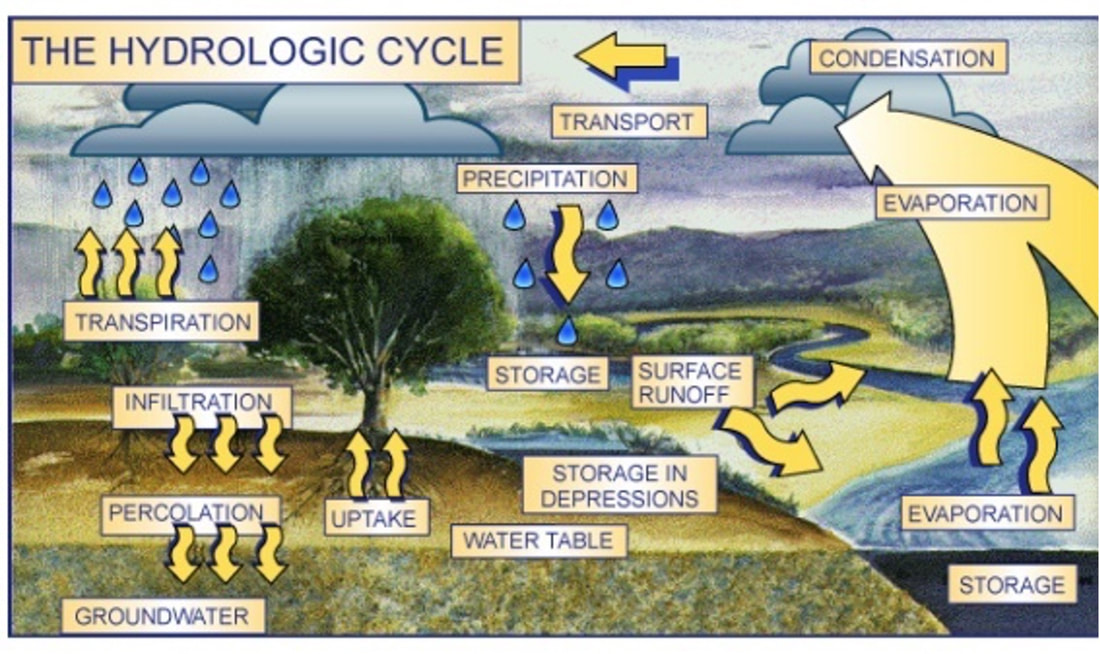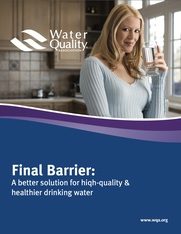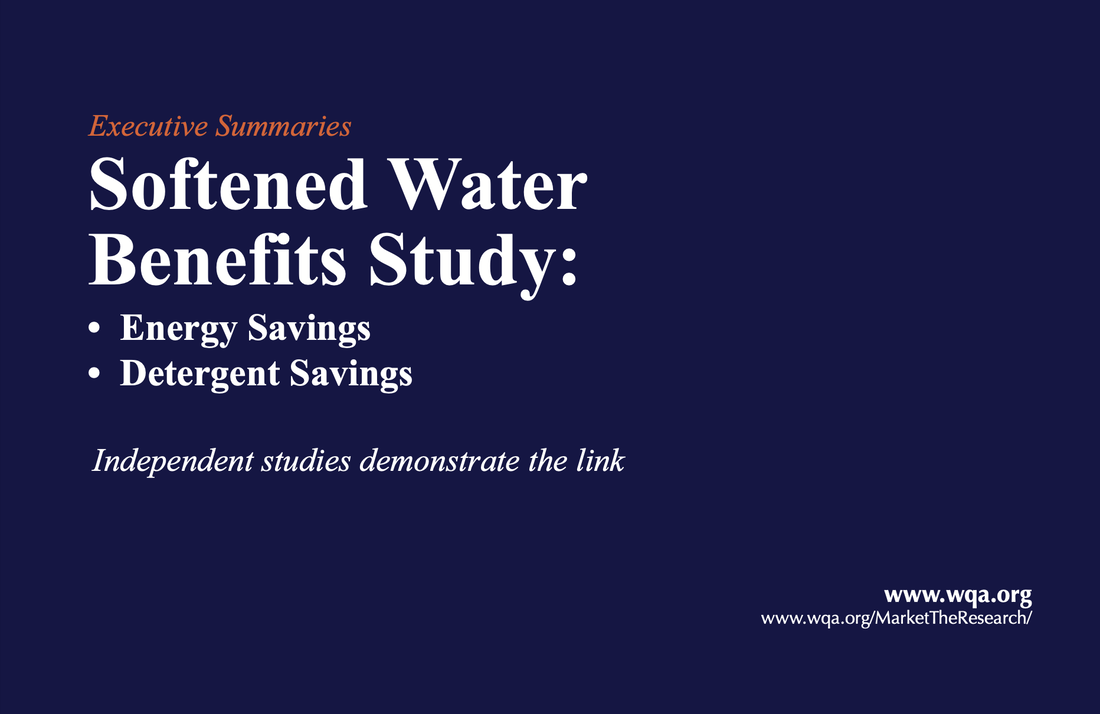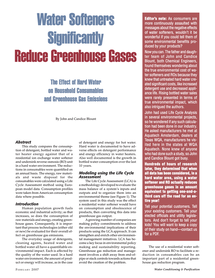The Hydrological Cycle
|
Fresh water is the result of the Earth’s water or hydrologic cycle. Basically, the sun’s heat causes surface water to evaporate. It rises in the atmosphere, then cools and condenses to form clouds. When enough water vapor condenses, it falls back to the surface again as rain, sleet, or snow. The process repeats itself in a never-ending cycle.
The water we consume and use every day comes from two main sources: groundwater and surface water. Groundwater
When rainwater or melting snow seeps into the ground, it collects in underground pockets called aquifers, which store the groundwater and form the water table, another name for the highest level of water that an aquifer can hold. Water levels can reach the water table or fall well below it depending on such factors as rainfall, drought, or the rate at which the water is being used. Groundwater usually comes from aquifers through a drilled well or natural spring. Surface Water
Surface water flows through or collects in streams, rivers, lakes, reservoirs and oceans — not underground like groundwater. Surface water can be beautiful, even pristine-looking, but most of it isn’t directly fit for drinking. Fully 97% is found in the oceans and can’t be used for drinking because of its salt content. The other 3% of water is fresh, and most of that is locked up in ice or glaciers. |
How it's made, drinking water
|
Watch the video to learn more about how municipalities provide home with safe drinking water.
|
The US has the safest drinking water in the world. But with a vast distribution system, the potential for harm is very real:
Despite central treatment, these contaminants may still be present: – Endocrine disruptors (hormonal) – Pharmaceuticals – Disinfection byproducts (DBPs) – Pesticides and herbicides • After central treatment potential points of contamination are: – Biofilms (A film adhering to surfaces that are regularly in contact with water) – Repairs and replacements – Cross connections with waste – Power outages and leaks (negative pressure points) – Corrosion – Leaching from pipe walls, etc. |
Hard Water
|
"Hard water" is when the source water flowing into your home contains “dissolved rock”, that is to say, compounds such as magnesium and calcium along with other elements such as iron.
While this is common in most homes, hard water can cause damage to all water using appliances. Having hard water in your home can not only dry out your hair and skin, but also deteriorate your water heater, dishwasher, washing machine, bathroom and kitchen fixtures. The resulting damage can add considerable expenses to one’s household budget. Click the button below to learn more about hard water and it's effect on your home. |
|
|
A water Softener saves you money. Want proof?
A 2009 study commissioned by the Water Quality Research Foundation (WQRF) and conducted by the Battelle Memorial Institute found that adding a water softener helps water heaters and major appliances operate as efficiently as possible, while preventing clogs in showerheads, faucets, and drains. |
Water Softeners, Water Filters, Reverse Osmosis
|
A water softener removes dissolved rock and some clearwater iron from your source water. The dissolved rock (primarily calcium, magnesium, lime) other issues such as low pH, Sulphur, Manganese will affect the quality of your life if left unchecked. To resolve these more complex issues Hague Water Conditioning would design a water treatment system. A Hague water softener might be the most important appliance in your home. A water softener acts as an insurance policy, protecting all water using artifacts in your home, such as the water heater, dish washer, washing machine faucets, shower heads and the water bearing pipes running through your home against the adverse effects of these
|
|
|
Water Softeners are great for reducing green house gases!
Read this fascinating study! This study compares the consumption of detergent, bottled water and water heater energy against that of a residential ion exchange water softeners and under sink reverse osmosis unit in a hard water environment. The reductions in consumables were quantified on an annual basis.
|





